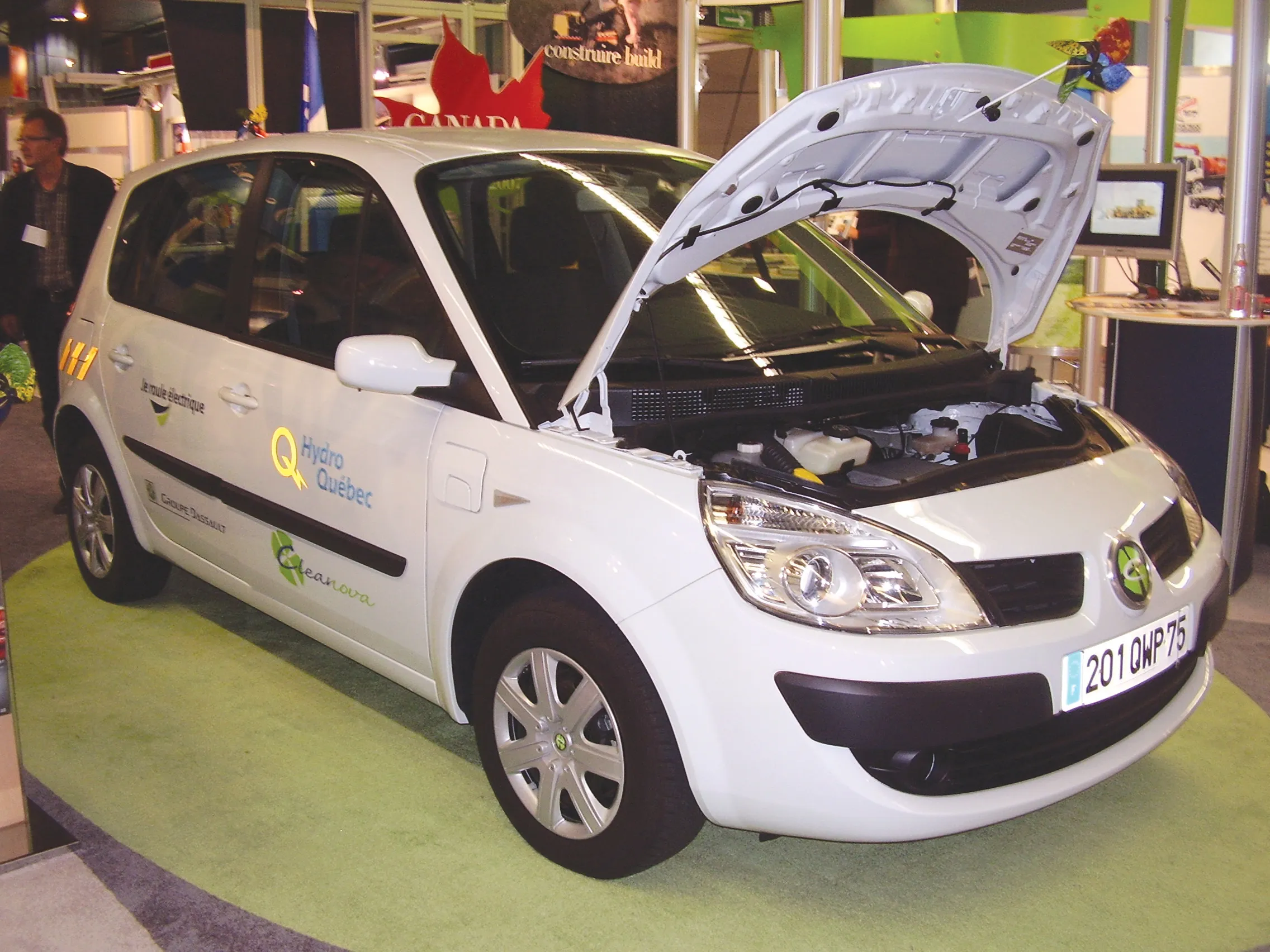The market for electric cars looks set to expand rapidly as the technology improves. Past vehicles have suffered from poor range imposed particularly by limitations in available battery technology.
February 23, 2012
Read time: 2 mins
The market for electric cars looks set to expand rapidly as the technology improves. Past vehicles have suffered from poor range imposed particularly by limitations in available battery technology. However the latest developments look set to change the market both radically and rapidly. Some experts from within the electric car sector even believe that by 2020, new petrol and diesel powered cars will represent a minority of total vehicle sales within key markets such as Europe, parts of the Middle East, China and Australia. The Israeli firm 909 Better Place is a key player in the electric vehicle sector and is particularly bullish about the potential market. The company has gathered financing worth some US$700 million over the last three years to help fund charging infrastructure for Australia, Denmark and Israel, as well as some cities with pilot programmes. The company has worked particularly closely so far with French car maker 2453 Renault, having agreed to buy 100,000 vehicles from the firm (which is partnered with Japanese manufacturer 2454 Nissan). However Better Place says that it does not have an exclusive agreement with Renault (and Nissan) and that it could use vehicles from other manufacturers. 2456 GM and 3055 Mitsubishi are other major producers that are far along the development route with electric cars, while there are a number of Chinese manufacturers also developing such vehicles. With electric car range improving continuously, Better Place believes more drivers will want to switch toe electric cars in the future, particularly as these vehicles will offer long term benefits in terms of lower running and maintenance costs. In the UK for instance buyers of certain electric car models will be eligible for subsidies when they purchase a vehicle. All of the others should be available by the end of 2012. The first three cars available are: Mitsubishi i-MiEV, Smart fortwo electric drive, Peugeot iOn which are available in January 2011. The Nissan Leaf and Tata Vista will be available in March 2011, with the Citroen CZero also being made available early in 2011. Meanwhile the 2728 Toyota Prius Plug-in Hybrid and 2773 Chevrolet Volt/Vauxhall Ampera will be available in early 2012. The subsidy scheme will be worth some ?5,893 (£5,000). As part of the scheme, plug-in charging points are being installed in the UK under trial programmes. These include the Midlands, Greater Manchester, the east of England, Scotland, and Northern Ireland.







